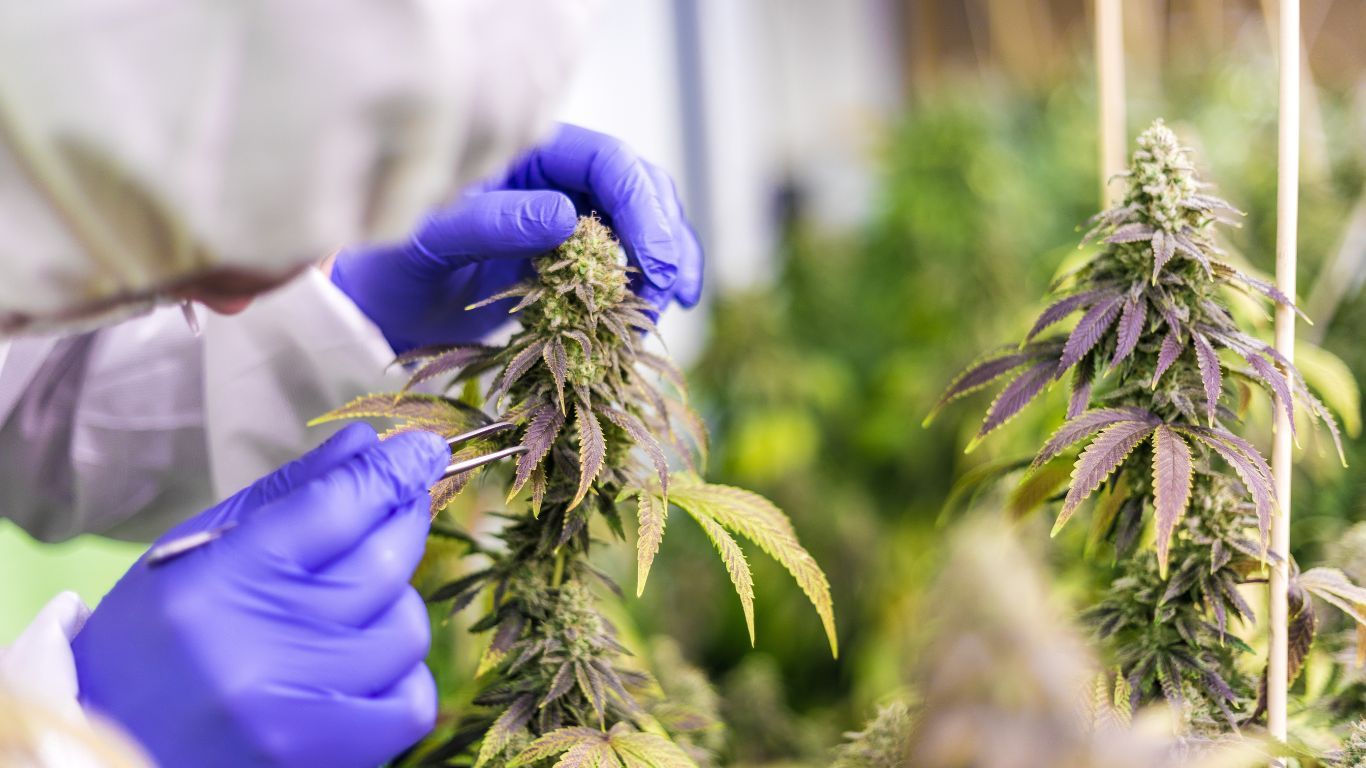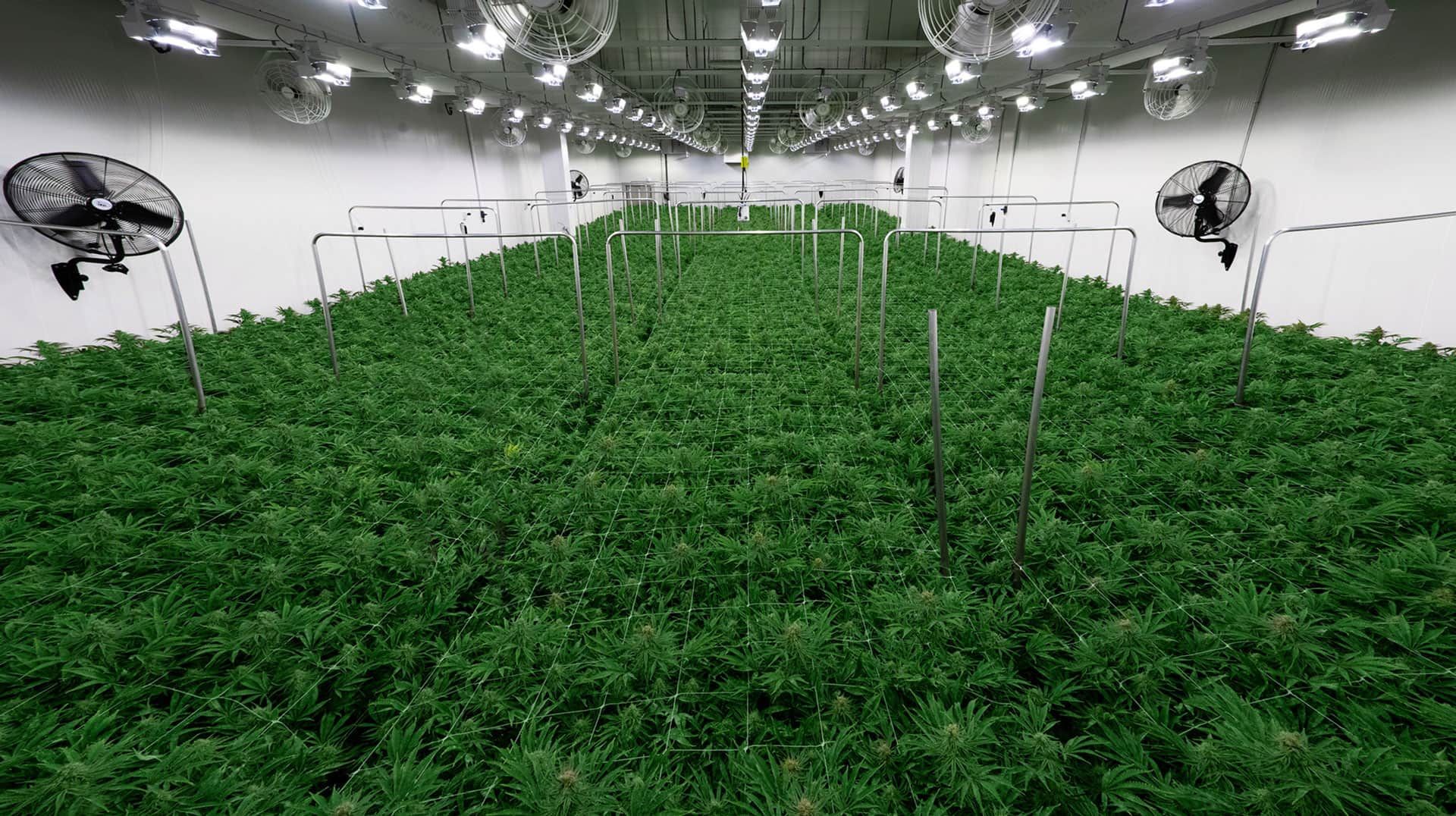
Health Canada has released their newest compliance and enforcement inspection data summary.
The inspection data covers the results for cannabis inspections conducted between April 1, 2019, and March 31, 2020.
A total of 417 inspections of regulated parties were conducted from April 1, 2019 to March 31, 2020 under the Cannabis Act and its regulations.
The last annual report was for April 1, 2018, and March 31, 2019, released at the end of 2020.
Health Canada says they encountered delays in publishing the latest information due to the COVID-19 pandemic. Previous reports include inspection data for 2016-2017 and 2015-2016.
Types of inspections covered have a few new categories. While the previous report covered Introductory inspection, Pre-sales inspection, Targeted inspection, and Annual inspection, the newest annual report covers:
- Sales inspection,
- Regular inspection,
- Targeted inspection,
- Promotions inspection, and
- Registered personal and designated production of cannabis for medical purposes inspection.
An observation is a deficiency or deviation from legislative or regulatory requirements that is noted by an inspector during an inspection, and confirmed in writing to the licence holder in the inspection report. Critical observations are those that are likely to: increase the immediate risk of diversion to prevent the detection of diversion, or present an imminent health risk, or may also involve the possibility of deliberate fraud, misinterpretation, or falsification of information.
An inspection can be assigned a compliant or non-compliant rating, based on the number and severity of observations noted during an inspection.
Promotions inspections are not assigned ratings since observations are not made. The purpose is to support the assessment of compliance for promotion activities and the associated requirements by gathering information.
Registered personal and designated production of cannabis for medical purposes inspections were not assigned inspection ratings since observations were not classified.
An inspection rating was assigned to 295 of 417 inspections. Promotions and Registered personal and designated production of cannabis for medical purposes inspections (87 of 417) were not assigned a rating. Some Sales and Targeted inspections (35 of 417) were not assigned a rating and an explanation is provided in the Inspection results section.
A total of 417 inspections of regulated parties were conducted from April 1, 2019 to March 31, 2020 under the Cannabis Act and its regulations.
Between April 1, 2019 and March 31, 2020, under the Cannabis Act and its regulations, the following measures were initiated:
- 5 warning letters were issued to formally advise the licence holders of their non-compliance and to require corrective measures
- 20 seizures and detentions of products were conducted
- 3 licences were suspended
- 2 licences were revoked as a result of non-compliance rating
Promotions inspections highlights
5 inspections at promotional events or establishments were conducted from April 1, 2019 to March 31, 2020: 1 in Nova Scotia, 3 in Ontario, 1 in Quebec.
Health Canada also conducted 234 promotions related compliance verification activities which resulted in 130 actions taken. These actions include one or more of the following: warning letters, compliance emails, and compliance promotion emails or calls.
In the order of highest to lowest priority of actions, during the reporting period, Health Canada undertook four warning letters, 18 compliance emails, and 108 compliance promotion emails or calls.
Health Canada also actively engages with regulated parties through compliance promotion calls, letters and sessions. Health Canada engaged in 60 compliance promotion calls, sent seven compliance promotion letters, and undertook 22 compliance promotion sessions.
Registered personal production of cannabis for medical purposes inspection highlights
Health Canada undertook 82 inspections associated with 82 registrations. Eighteen of these were in British Columbia, two were in Manitoba, 22 in Ontario and 44 in Quebec. There were 91 observations made: 21 inspections resulted in no observations, 61 inspections resulted in one to three observations for each inspection: 37 inspections (1 observation), 18 inspections (2 observations), 6 Inspections (3 observations).
Health Canada says they continue to strengthen the oversight of persons authorized to produce a limited amount of cannabis for medical purposes.
This includes enhancing the verifications of applications where risk factors of public health and safety are identified, including where the healthcare practitioner has authorized a high amount and those applications with multi-unit alternate production sites (such as, not a primary residence) continuing and increasing collaboration and engagement with key stakeholders, which include law enforcement and municipalities continuing the proactive sharing of information with provincial and territorial health professional licensing authorities applying new powers to refuse or revoke a registration on the grounds of public health and public safety increasing the focus on compliance promotion with registrants.
Personal and medical authorization sites have been coming under increased scrutiny by several municipalities, as well as many Conservative MPs, especially in Ontario where OPP says criminal enterprises exploiting the Health Canada medical, personal and designate cannabis production regime.
A southern Ontario county says they are the first in Canada to take steps to manage personal and designated medical grow licenses through local zoning bylaws.
There were 151 major and 283 minor observations made for inspections for licensed producers, and seven critical.
The full results can be found here.












